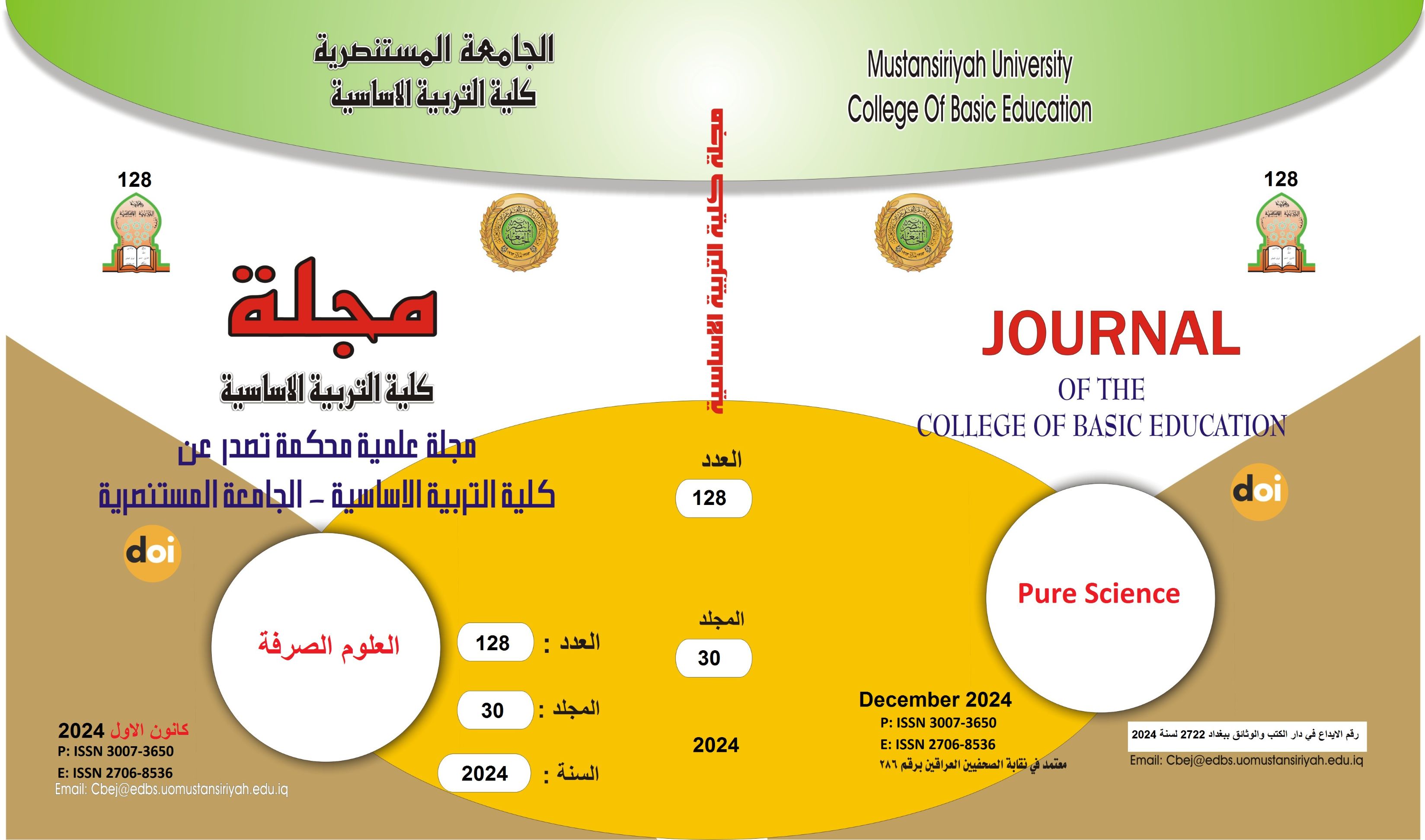Political developments in Chile 1973-1990
Main Article Content
Abstract
Military rule in Chile was based on three pillars: neoliberal economic policies, protected democracy, and an authoritarian system. The Juanta, i.e. the military Junta, dominated the legislative, executive, and constitutional power through a series of decrees and laws. Although the 1980 Constitution specified time frames for the transition to democracy, some of its permanent provisions, in addition to its transitional provisions, contained several limitations.Many opposition forces began To resolve their differences and intersections and establish coalitions opposing the military regime, the inaugural of which was the Democratic Alliance in 1983, the National Accord for the transition to full democracy in 1985, and others. The transition to democracy came within the framework of a negotiation process between opposition forces and the government before and after the 1988 referendum.It can be noted that the Christian Democratic Party, headed by Aylwin, is one of the strongest centrist parties, which showed that it has the most popularity and popular support, and this was evident in the presidential elections on December 14, 1989.
However, Chile did not emerge from the framework of restricted democracy, as there remained a kind of guardianship of the army over civilian rule, and this came as a result of the laws approved by Pinochet during his rule. Therefore, the government of Patricio Aylwin had to deal with caution with the military institution at the beginning of its rule, although this was not the case. There is an obstacle to it healing the wounds of the past by establishing the Truth and Reconciliation Commission while continuing to adopt the same economic policies of the previous regime, taking into account the social aspects.
The restoration of democratic governance resulted in the reunification of the Chilean Socialist Party after its division into several wings during military rule. The reconsolidation of the right-wing parties, especially the National Renewal Party and the Independent Democratic Union, resulted in a noticeable and effective presence in the results of the congressional elections on December 14, 1989.
Article Details

This work is licensed under a Creative Commons Attribution-ShareAlike 4.0 International License.
